Injection laryngoplasty (IL) performed in the office with the patient awake yields similar results as when it is performed with the patient asleep, researchers have found in a case-control study.
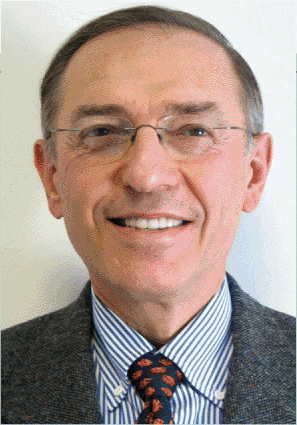

Injection laryngoplasty (IL) performed in the office with the patient awake yields similar results as when it is performed with the patient asleep, researchers have found in a case-control study.
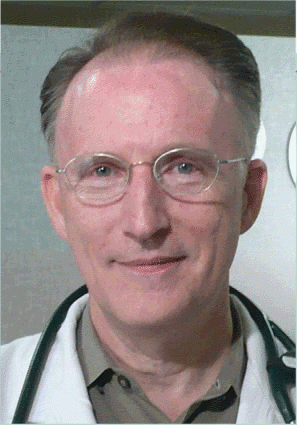
The otolaryngologists and pediatric surgeons who watched President Obama’s July 22 press conference must have been astonished to hear themselves vilified by the Health Care Reformer-in-Chief.
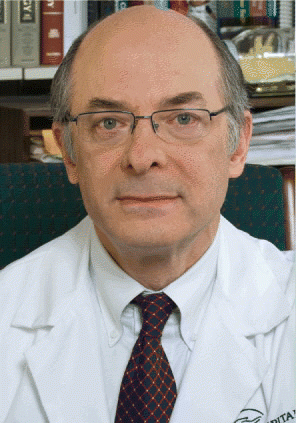
What needs to be in the follow-up of certain patients who have undergone treatment for thyroid cancer? Uncertainties still exist, but change is in the air. The 2009 American Thyroid Association (ATA) guidelines promise to clarify at least some issues that affect practice.
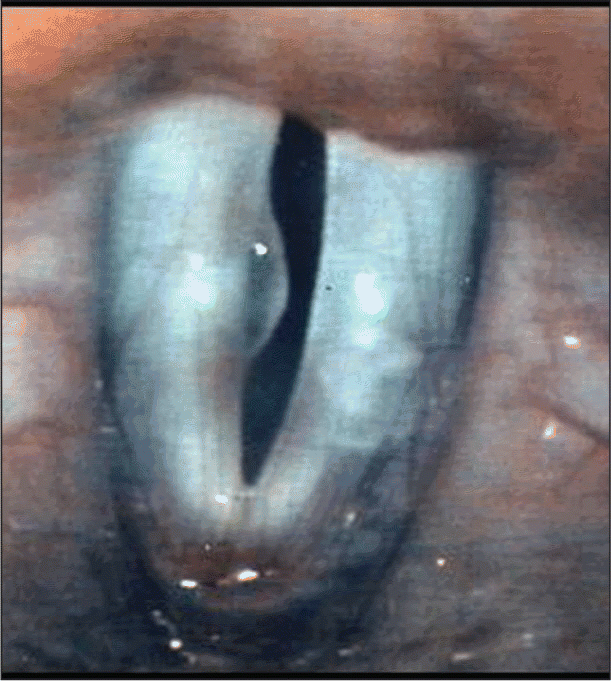
Part 2 of 2 articles
Cysts on vocal folds can be complicated lesions to manage: Postsurgical healing can be difficult to forecast, and the effects on the voice can also be difficult to determine until after surgery.
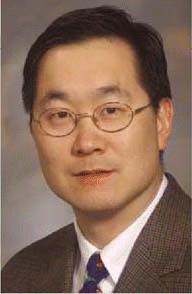
Approximately 28 million people living in the United States suffer from some degree of hearing loss. It is the most frequently occurring birth defect—about three of every 1,000 babies are born with hearing loss.
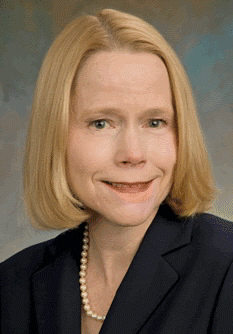
Part 1 of 2 articles
PHOENIX-Cysts on vocal folds can be tricky lesions to tackle-more challenging than many otolargyngologists might think, a panel of experts said here.
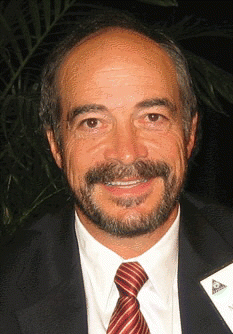
Part 2 of 2 articles
PHILADELPHIA-Surgeons are faced with many options for approaching diseases of the sinus; the right approach is not always clear-cut. Five experts reviewed several approaches at Rhinology World held here recently, with some favoring a more aggressive approach, some preferring to be less aggressive, and others highlighting new technology.
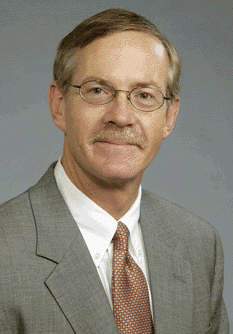
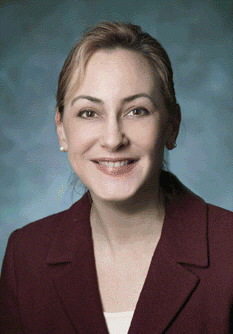
PHOENIX-Just how useful are PET or PET-CT in identifying residual occult nodal disease in patients with head and neck cancer? Two presentations at the 2009 Combined Otolaryngology Spring Meeting addressed this topic.
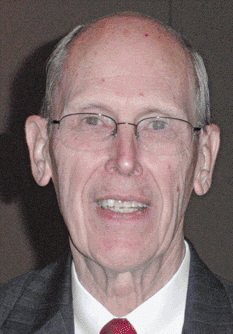
PHOENIX-As James D. Smith, MD, took his place behind the lectern to prepare to speak about what America’s role should be in the instruction of physicians in underprivileged and disease-stricken countries, a question was posed on the screen next to him: Do we have a responsibility to help?
